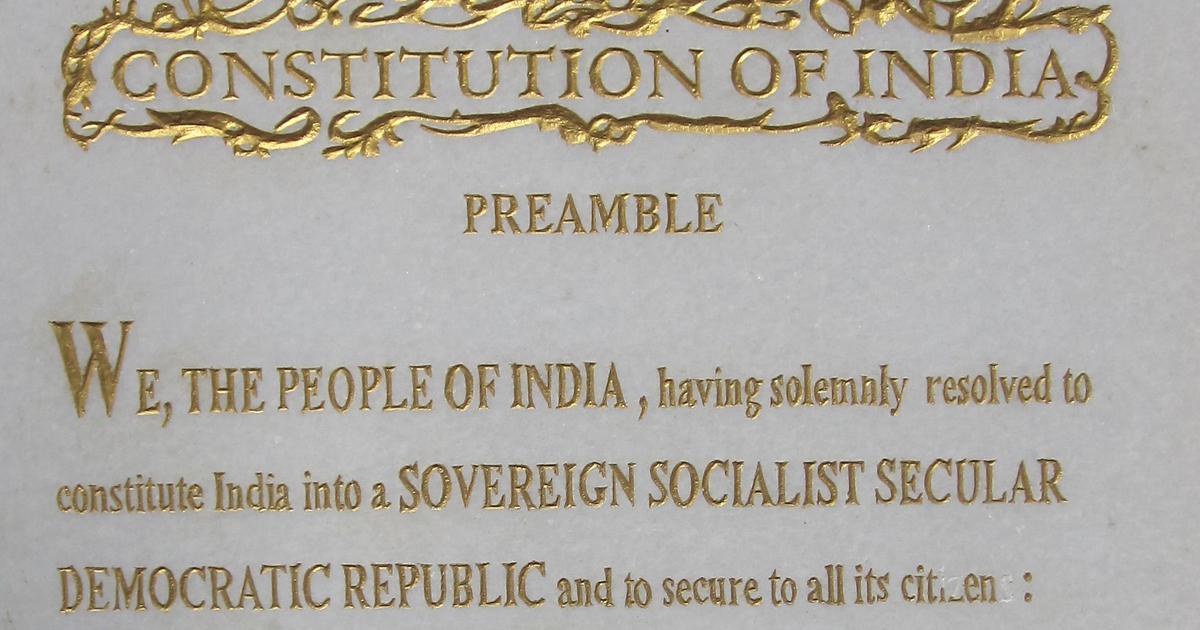While you are preparing for any government exams like SSC, UPSC, State PCS and so on, you have often come across these two words, Grey List and Black List. In this article, we will understand the meaning of it from an exam point of view.
Recently held meeting of a global financial watchdog FATF (Financial Action Task Force) decided to hold Pakistan in "Grey List".
FATF (Financial Action Task Force)
FATF is the global financial watchdog that aims to combat terror financing and money laundering, monitors the performance of countries that are listed in "Greylist". It prevents illegal activities done at a global level that harms society.
It was established in 1989 by G-7 countries at its summit in Paris over the growing concerns of money laundering and terror financing. Initially, it was created to look upon the activities of money laundering but in the aftermath of the 9/11 attack in the USA, it had broadened its objective and included terror financing which must be checked upon by it.
- What is Grey List?
- What is Blacklist?
The countries which are non-compliant with FATF directives are included in Blacklist by FATF. These are the countries that are at high-risk jurisdiction subject call for action. North Korea and Iran are on the black list.
- What are the disadvantages of being a Greylist or Blacklist country?
All those countries which are included in the grey list by FATF have to face some sanctions as follows:
- It is difficult for them to get aid from IMF, ADB, EU.
- According to the IMF study, It may also affect FDI/FPI, foreign capital inflows to the countries.








No comments:
Post a Comment